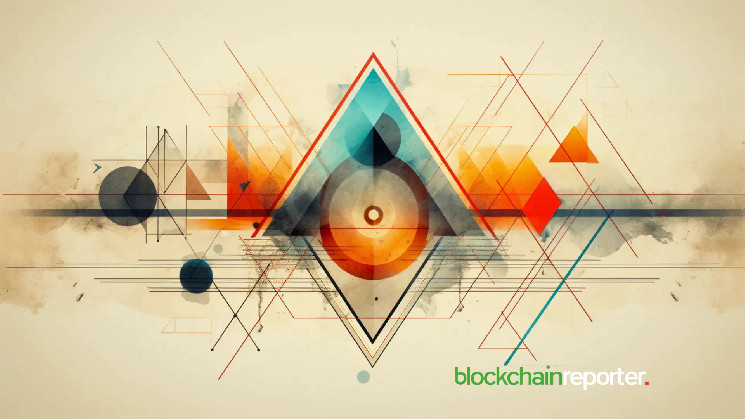Following two days of Scroll network’s mainnet launch, the world’s largest $NFT data infrastructure, NFTScan, announced its support for the Scroll Network on its widely acclaimed Explorer and API services. Users now have the effortless capability to navigate and retrieve on-chain information for any $NFT asset within the Scroll Mainnet through Scroll NFTScan. Additionally, developers working on Scroll can now harness the comprehensive $NFT APIs offered by NFTScan, integrating advanced features into their projects seamlessly.
NFTScan Unveils Scroll NFTScan For $NFT Data Search Efficiency
In a significant stride towards enhancing the $NFT landscape, NFTScan has rolled out Scroll NFTScan, a specialized platform engineered to streamline the search and query of $NFT data for both developers and users within the Scroll ecosystem.
NFTScan, renowned as a premier multi-chain $NFT data service provider, has extended its support to Scroll, marking it as the 19th blockchain network to integrate with its services. This integration aligns with previous collaborations with high-profile blockchains like Ethereum, Bitcoin, BNBChain, and Solana.
As of October 19, 2023, Scroll’s burgeoning network has witnessed the issuance of a staggering 71,484 $NFT assets, accompanied by the creation of 519 unique $NFT collections. These developments have collectively driven 78,015 on-chain transactions, with 13,715 wallet addresses currently holding $NFT assets.
The newly minted Scroll NFTScan Explorer is poised to revolutionize user interaction with NFTs. It offers a long list of features, including Trading, Minting, Gas Tracker, and Ranking sections. This platform empowers users to dive into on-chain data of $NFT assets within the Scroll network, providing smooth access and clarity. Additionally, it facilitates precise queries on $NFT asset data and transaction histories linked to individual wallet addresses.
Robust $NFT API Data Services For Scroll
In addition to these user-centric services, the NFTScan Developer Platform has unveiled its $NFT API data services specifically for the Scroll network. This launch introduces multiple API query interfaces designed to serve a diverse range of indexing requirements pertinent to Scroll $NFT data. Developers active in the $NFT and Web3 arenas are invited to utilize the zkSync $NFT API data services. This resource is integral for those looking to construct DApps and protocols on the Scroll network.
Scroll, an emerging player in zero-knowledge Ethereum Virtual Machine (zkEVM) technologies geared towards blockchain scalability, announced the release of its mainnet on 17 October.
The Scroll team underscored the simplicity of this migration process, stating that “everything operates seamlessly without requiring any additional adjustments.” This implies that the move to Scroll’s mainnet offers a plug-and-play solution for those seeking enhanced blockchain scalability through zkEVM technology.
Based on information from the block explorer, Scroll’s testnet has registered over 900,000 active wallet addresses and has recorded approximately seven million transactions since August. This mainnet launch follows a year of rigorous testing, during which the testnet accumulated an impressive tally of over 55 million transactions.
The Scroll team is currently in the research phase for its decentralized prover network and decentralized sequencer. This signifies that the protocol is paving the way for permissionless batch publication at the base layer, even in the event of a sequencer halt.
Peng, one of the team members, said, “In the medium term, our objective is to minimize the chances of a sequencer halt through decentralization.”
While Scroll presently allows upgrades via a multi-signature wallet under the control of its core team, there are forthcoming plans to introduce a Security Council and a delayed upgrade mechanism. This means that protocol upgrades will only be possible with approval from the Security Council, and the multi-signature team will exclusively possess the capacity to initiate these delayed upgrades, as explained by Peng.
